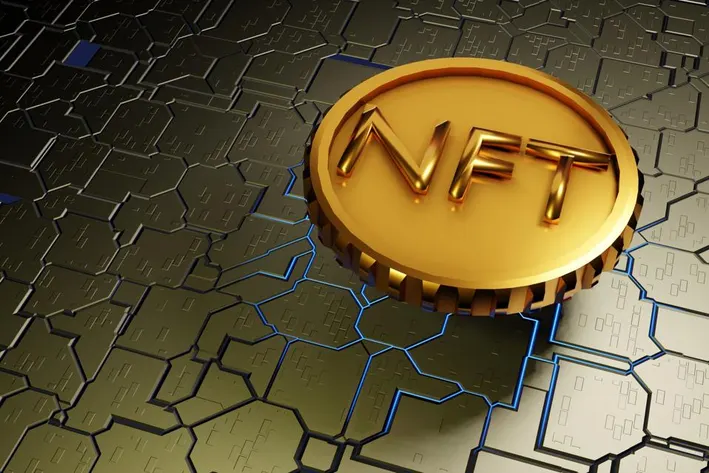NFTs (Not-Functional-Tokens) are a type of cryptocurrency that can be purchased, sold and traded on various marketplaces. Their price typically corresponds with that of their respective networks on which they’re registered.
Blockchain-powered digital currency provides fans with a way to purchase authentic digital content in an unhackable format, making them increasingly popular ways for fans to purchase unique digital content.
Risks
Deciphering what is legitimate from what isn’t in a world full of NFTs can be tricky. A popular NFT can become even more popular through celebrity endorsements or viral video exposure, leading to overpaying for digital assets.
One risk associated with NFTs is their susceptibility to fraud and scams, so it is wise to purchase them only from reliable marketplaces where you can track who owns the digital assets purchased; furthermore, using secure wallets and reading seller reviews are also key to keeping you safe when investing.
NFTs rely on blockchain technology, which maintains immutable records of transactions. While NFTs may seem resistant to hacking attempts, hackers still manage to find ways to exploit vulnerabilities within these systems; for instance, Poly Network’s theft of $600 million worth of NFTs proves this point. Furthermore, NFTs should not always be seen as reliable investments due to fluctuating prices that can make investing uncertain at best.
Opportunities
Since 2015, NFTs have seen rapid and impressive growth. This success can be attributed to several factors. First of all, NFTs enable anyone from around the globe to invest in unique digital items; thus enabling users to make a profit if demand outpaces supply and thereby increasing its value.
NFTs can serve to document portable contracts and create limited edition items to build customer loyalty.
Brands must create an NFT strategy that aligns with their strategic goals and operational capabilities, and communicate it clearly to both internal stakeholders (employees) and external ones (customers). By doing this, brands can build trust among internal employees as well as customers – leading to improved business results such as brand loyalty among their fans, which leads to higher revenue for NFT sales companies.
Regulations
NFTs are subject to various rules and regulations depending on their classification. For instance, some may be securities while others could be commodities – securities being investment instruments that produce returns while commodities being raw materials which can be traded and speculated on freely.
NFT creators “mint” their digital content onto the blockchain network to keep immutable records of all sales and transfers of ownership – this means anyone can verify whether an NFT has been sold to a legitimate buyer and track its history of price appreciation or decline.
NFTs allow artists, musicians, and video game streamers to sell their work directly to fans through NFTs and keep more of the profits than they would from placing content on large platforms like YouTube and Spotify. Unfortunately, however, NFTs also raise the risk of fraud and money laundering: For example, someone could use an NFT to purchase illegal goods before selling them later at a profit.
Conclusions
NFTs represent an unparalleled opportunity to own digital representations of real world assets that can be traded like other securities, thanks to blockchain technology’s unparalleled security and authenticity.
NFTs allow the creation of non-fungible tokens that remain identifiable after multiple purchases, providing an invaluable way of creating authenticated collectibles – which has led to their immense popularity among celebrities such as Snoop Dogg and Shawn Mendes who have released their own individual NFTs commemorating specific moments from their past lives.
NFTs can often be sold at a profit, though it’s essential to consider their cost of transference when doing so. A buyer will typically pay in-game “gas” fees to complete transactions; these vary between games and may increase or decrease at unpredictable rates; nevertheless, regression analysis has revealed that NFT market excess returns are not significantly exposed to cryptocurrency size and momentum factors in any of the specifications tested.





